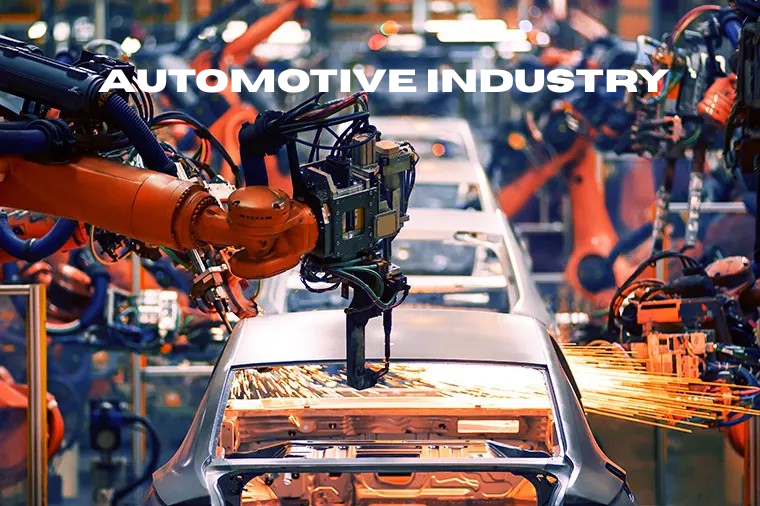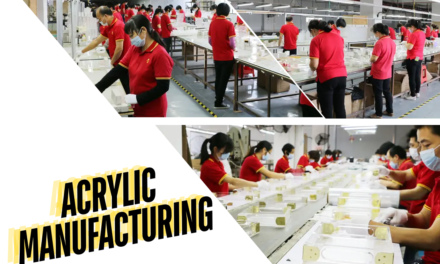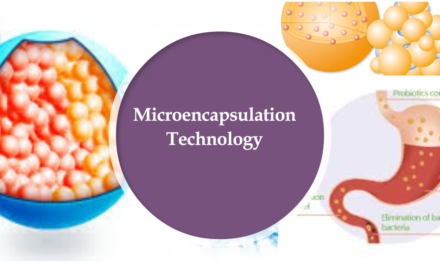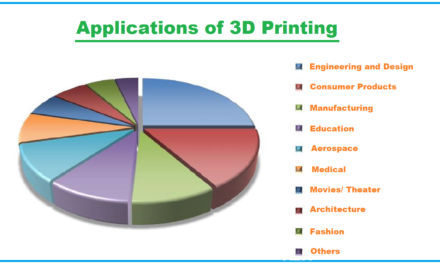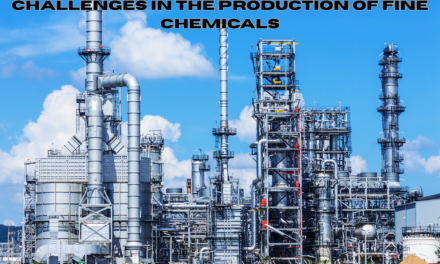Specialty chemicals play a crucial role in the automotive industry, contributing to vehicle performance, safety, sustainability, and aesthetics. These chemicals are used in various applications throughout the vehicle manufacturing process and in the production of automotive components. Below are key areas where specialty chemicals are used in the automotive industry:
1. Coatings and Paints
- Protective Coatings: Specialty chemicals are used in the development of advanced coatings and paints that protect vehicles from environmental damage (e.g., rust, UV degradation) and improve durability. These coatings are designed to be resistant to scratches, corrosion, chemical exposure, and weathering.
- Automotive Paints: The paint used on vehicles not only provides aesthetic appeal but also protects the vehicle’s exterior. Specialty chemicals help create high-quality automotive paints with features like high gloss, scratch resistance, color durability, and environmentally friendly formulations (low-VOC and water-based paints).
- Anti-Chip and Anti-Stone Guard Coatings: These coatings help prevent damage to vehicle surfaces from rocks, debris, and harsh road conditions, enhancing the vehicle’s longevity and aesthetic appeal.
2. Adhesives and Sealants
- Structural Adhesives: Specialty adhesives are critical for joining parts of the vehicle’s body, particularly with the increasing use of lightweight materials like aluminum and composite materials. These adhesives are designed to offer strong bonding, durability, and flexibility without compromising the vehicle’s performance.
- Sealants: Automotive sealants are used in windows, doors, and the undercarriage of vehicles to provide a weatherproof seal. These sealants help protect against water, air, and dust, enhancing vehicle safety and comfort by preventing leaks and noise infiltration.
3. Lubricants and Fluids
- Engine Oils: Specialty chemicals are used in the formulation of high-performance engine oils and lubricants, which reduce friction and wear, improve fuel efficiency, and protect the engine from damage. Modern engine oils are formulated with advanced additives to enhance engine cleanliness, reduce emissions, and improve performance.
- Transmission Fluids: These fluids are designed for smooth gear shifting, cooling, and lubrication in automatic transmissions. Specialty chemicals are used to enhance the performance of these fluids, ensuring long-term functionality and preventing transmission damage.
- Coolants and Antifreeze: Specialty chemicals are used in the production of automotive coolants and antifreeze, which help regulate engine temperatures and prevent overheating. These fluids are formulated to withstand extreme temperatures and maintain engine efficiency.
4. Interior Materials and Components
- Polymer Resins: Specialty resins and plastics are used to manufacture interior components such as dashboard panels, seats, door trims, and headliners. These resins can be customized for improved strength, durability, and aesthetic appeal. They are also lightweight, helping to reduce the overall weight of the vehicle and improve fuel efficiency.
- Foams: Specialty chemicals are used to produce polyurethane foams, which are used in vehicle seats, upholstery, and insulation. These foams provide comfort, noise reduction, and thermal insulation, contributing to passenger safety and comfort.
- Textiles and Leather Treatments: Specialty chemicals are used to treat textiles, leather, and other materials used in automotive interiors to make them more durable, resistant to stains, and comfortable for passengers. They also contribute to the aesthetic appeal and feel of interior surfaces.
5. Tires and Rubber Components
- Rubber Additives: Specialty chemicals are used to enhance the properties of rubber materials in tires and other automotive components. These additives improve tire performance, including grip, wear resistance, and fuel efficiency. Chemicals such as carbon black, silica, and plasticizers are essential in the formulation of tire compounds.
- Rubber Sealants and Gaskets: Specialty chemicals are used in the production of rubber gaskets, seals, and bushings, which are crucial for maintaining the vehicle’s structural integrity, preventing leaks, and reducing noise and vibrations.
6. Battery Technologies (Electrification and EVs)
- Lithium-Ion Batteries: Specialty chemicals play a significant role in the production of advanced battery technologies, particularly in electric vehicles (EVs). Chemicals are used to create the electrolytes, cathodes, and anodes in lithium-ion batteries, which are essential for energy storage and efficient power delivery in EVs.
- Battery Electrolytes and Conductive Materials: Specialty chemicals are also used to develop electrolytes and conductive materials that enhance the performance and safety of EV batteries. These chemicals help improve the charging speed, battery life, and energy efficiency of electric vehicles.
7. Fuel Additives and Performance Enhancers
- Fuel Additives: Specialty chemicals are used in the formulation of fuel additives that improve fuel quality, increase engine efficiency, and reduce emissions. These additives can clean fuel injectors, prevent carbon build-up, and improve combustion efficiency.
- Octane Boosters: Specialty chemicals are also used in the production of octane boosters, which help improve the performance of high-performance engines and reduce knocking in combustion engines.
8. Plastics and Composites
- Lightweight Materials: With the growing demand for fuel-efficient and environmentally friendly vehicles, specialty chemicals are used to produce lightweight composites and plastics for automotive components. These materials help reduce the weight of the vehicle without sacrificing strength or safety.
- Composite Materials: Specialty chemicals enable the development of fiber-reinforced composites and carbon-fiber composites, which are used in the manufacturing of parts like body panels, bumpers, and structural components. These materials are particularly important in high-performance and luxury vehicles.
9. Electronics and Sensor Technology
- Electronic Components: Specialty chemicals are integral to the production of automotive electronics, including sensors, circuits, and displays. These chemicals are used to create high-performance materials that enable vehicle systems like advanced driver assistance systems (ADAS), infotainment systems, and autonomous driving technologies.
- Conductive and Insulating Materials: Conductive polymers and insulating materials are used in wiring and sensors within automotive electrical systems. These materials enhance the performance and safety of electrical components while reducing the weight and energy consumption of the vehicle.
10. Sustainability and Green Chemistry
- Biodegradable and Eco-Friendly Materials: With the growing emphasis on sustainability, specialty chemicals are increasingly being used to create biodegradable materials, plant-based plastics, and eco-friendly coatings for automotive applications. These materials help reduce the environmental impact of vehicle production and end-of-life disposal.
- Recycling and Circular Economy: Specialty chemicals are also used in the recycling of automotive materials, such as plastics and metals, to support a more sustainable and circular automotive industry.
Conclusion
Specialty chemicals are essential to the automotive industry, contributing to advancements in performance, safety, sustainability, and aesthetic appeal. From coatings and adhesives to batteries, rubber components, and electronics, these chemicals enhance the functionality and quality of various automotive components. As the industry continues to evolve, especially with the rise of electric vehicles and sustainability goals, specialty chemicals will play an increasingly important role in driving innovation and meeting the demands of consumers and regulatory bodies.
Hashtags
#AutomotiveChemicals #SpecialtyChemicalsInAutomotive #AutomotiveInnovation #ChemicalsForCars #AutomotiveManufacturing #AutomotiveMaterials #VehicleChemicals #AdvancedAutomotiveChemicals #ChemicalsForVehicles #CarIndustryChemicals #AutomotiveCoatings #AutoChemistry #HighPerformanceMaterials #AutomotiveAdditives #AutomotivePlastics #EcoFriendlyAutomotive #SustainableAutomotiveChemicals #AutomotiveLubricants #AutomotiveBatteries #AutomotivePartManufacturing


